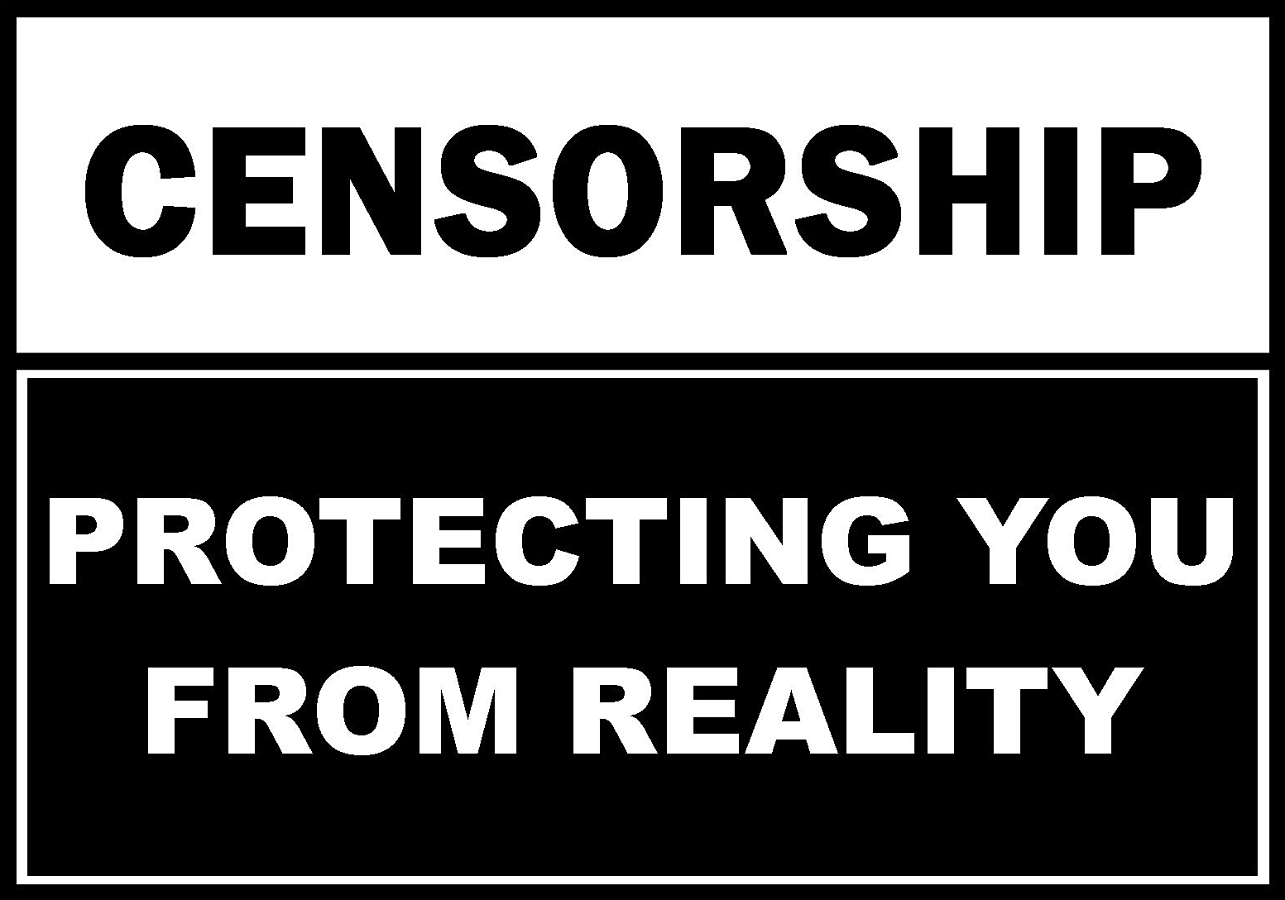The Equality Act which came into force in 2010 makes discrimination, in all its forms, illegal. It demands equal treatment across public life regardless of age, disability, gender reassignment, marital status, race, religion or belief, sex, and sexual orientation. This list constitutes a series of factors which should never place limits on anyone or lead to their differing treatment. Enshrining equality in the law seems therefore a logical and sensible way to protect our fundamental human rights. In theory, equality legislation is hard to fault, but in practice it has rather more complicated consequences. The implementation of anti-discrimination measures in public life of course does not mean that discriminatory views cease to exist; rather, they insulate these views held by people who are most worryingly unchallenged in the public sphere.
A recent research project into the effects of equality legislation has been produced at Sheffield University. The existence of legislative frameworks to prevent discrimination has steadily increased, in parallel with the increasing diversity of the nation and ever more progressive views on sexuality and gender. In this attempt to safeguard the rights of minority groups in the UK and Europe, research into what legislative frameworks are able to achieve in real terms is vital, allowing us to determine how to tackle prejudice where the law fails to curtail it.
Its findings reveal that the widespread public perception of equality legislation is that of the regulation of public behaviour, ultimately resulting in the undue privileging of minority groups in public spaces. The general consensus of the interviews was that the workplace was most affected. It seems an unlikely coincidence that this also happens to be where disciplinary action is most likely to be taken.
When the public feel like they are unable to freely express themselves, views termed ‘not politically correct’ by even those who believe them, are driven underground, away from the public sphere and into the private. Though blatant public expressions of intolerance are becoming less common, privatised and discrete forms of prejudice are persistently displayed. Arguably this ‘private prejudice’ still manifests itself in public life, because it dominates the consciousness of so many people who have the power to affect the structure of society. As discussion over the root causes of prejudice are perceived by some as prohibited, challenges to prejudiced views are severely limited and debate on such matters is rare.
The research reveals that equality legislation may also be having a significant effect on our ballot boxes, suggesting that the increasing prejudice in the private sphere provides fertile ground for anti-immigration ‘traditionalist’ parties such as UKIP. As disaffected citizens feel increasingly unable to express their anxieties about minority groups in public because of what they perceive to be ‘political correctness,’ they will support inflammatory anti-immigration parties as seeming to offer a solution.
In the light of the project and its findings, Paul Mason argues that another more effective way to challenge discriminatory ideas is to relax legislation and to make acceptable the expression of all views. Regardless of whether they are racist or bigoted, these views are then free to be challenged. By encouraging debate, it becomes more likely that beliefs can actually be altered, or at least more fully considered and better understood.
It seems apparent that censorship will never fundamentally change opinions, as human nature leads us to resist it, and only changes the form in which prejudice is expressed. Healthy debate should be at the forefront of public life to ensure that every opinion is justified and fully formed; hindering bigoted views that do not make full use of the facts and stem from a lack of understanding.

